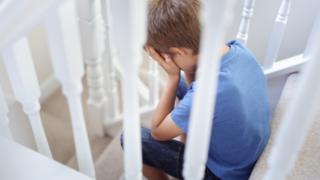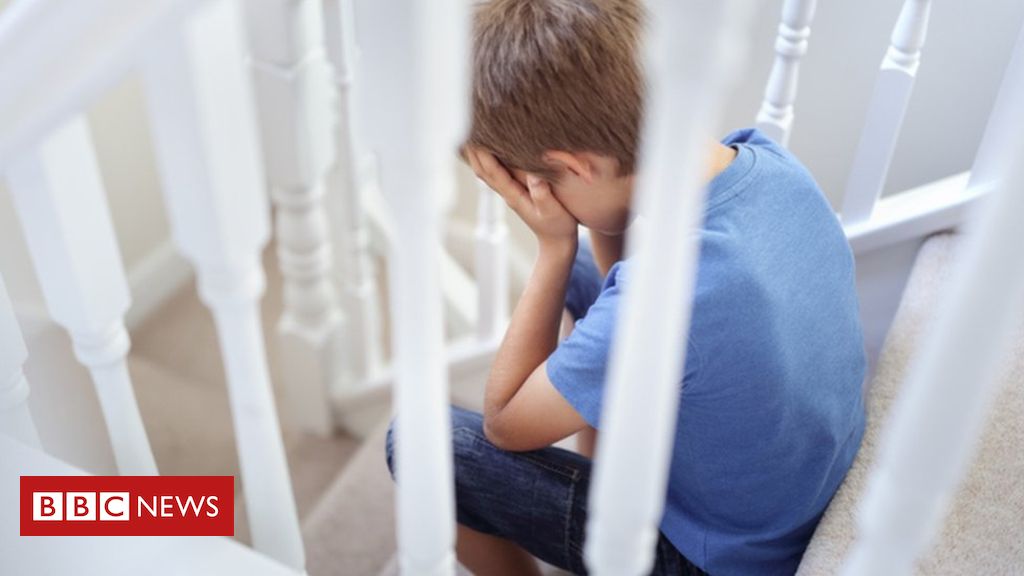[ad_1]

Twelve children’s homes in England were closed down by Ofsted last year due to concerns about the quality of care.
The children’s social care inspectorate said it was the highest number of enforced closures since 2007.
A further 25 homes de-registered, after receiving warning notices about breaches of regulations.
Ofsted also warned about the uneven spread of residential children’s homes around the country. Providers said a more strategic overview was needed.
The inspectorate would not give details of the homes which closed, but said most of these were part of two chains of providers, one with five homes and another with four.
An Ofsted spokesman said: “We can’t comment on the individual providers that had their registration cancelled.
“More broadly, we take this step when we are concerned that there are serious and/or widespread weaknesses in the quality of care being provided to children, and where we do not see practice improving.
“This could be due to an inability to meet the needs of children, poor leadership and/or children being left at risk of harm.”
Specialist support
Yvette Stanley, Ofsted’s National Director for Children’s Social Care, also highlighted a shortfall in specialist residential home places.
“There is simply not enough specialist support in the right places to meet demand.
“Vulnerable children should live closer to their family and friends, where it is safe for them to do so.
“Children need a sector that grows in response to their needs, and that includes where children’s homes are located.”
The statistics showed an uneven spread of children’s homes across the country.
Nearly a quarter of all such homes, and one in five available places, are in north-west England. Only one in 20 homes, and one in 18 places, is in London.
There have long been more children’s homes in some parts of England, particularly the north-west.
Analysis of the latest available placement data from the Department for Education shows children placed by local authorities in London are located furthest from their homes – on average 60 miles away.
‘Children at risk’
Jonathan Stanley, chief executive of the Independent Care Homes Association, said providers had been arguing for many years that local councils need to work closely with them towards a detailed commissioning process, to ensure children’s needs are met.
“We need to establish: What needs are there? How many homes do we need? Of what type? Where should they be located? How shall we finance them?”
Mr Stanley argued that the biggest focus needed to be on the psychological needs of the young person, not the geographical location of their placement.
Andrew Fellowes of the NSPCC said the long distances children are placed away from home, family and friends, could leave them vulnerable.
“The void left by their vital support network can all too easily be exploited, leaving children at risk of criminal or sexual exploitation,” he said.
“We also know that these children are more likely to go missing.
“There needs to be coordinated action from national and local governments to provide high quality accommodation options close to where children live.”
The statistics also show the number of available places increased by 3% between March 2015 and March 2019, at a time when record numbers of children were being taken into care.
[ad_2]
Source link








